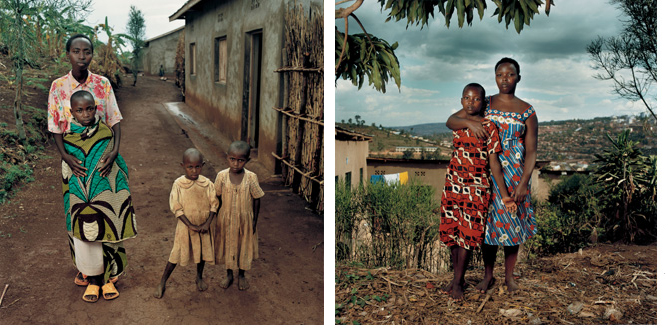Cattle Herders
The Tutsi civilizations are located in Rwanda, Burundi, and parts of the Democratic Republic of Congo. The Tutsis lived amongst other civilizations. Compared to the other civilizations, the Tutsis were a small group of people. Fortunately, the Tutsi people were highly skilled in cattle herding. This was important for not only all the civilizations and having food to eat, but being good at cattle herding helped the Tutsis build strong bonds with the other local civilizations (Nyankanzi 1997). Having good relationships with the other civilizations meant that they would be able to keep peace with others and gain their loyalty (Nyankanzi 1997).Trade Patterns
Along with cattle trading with local civilizations, the Tutsis benefited from being conquered by the Europeans. When the europeans held power where the Tutsi civilizations were located, the Tutsis were able to grow bonds with the europeans. In the 1890s, Germany had power and traded with the Tutsis because the Tutsis were well-known for cattle herding and cattle trading (Shackleford 2014). Germany favored the Tutsis over the Hutus because of the overall fact that the Tutsis offered the Germans something useful (Shackleford 2014). During their rule, Germans found a vast commodity within Rwanda, which happened to be coffee. The Tutsis had cattle and the physicality in which they could be a strong partner of Germanys to harvest the coffee beans. Having such great relationships with the Germans, the Tutsis were favored in benefitting from incoming capital from the Western markets.
References
Nyankanzi, Edward L.
"Genocide: Rwanda and Burundi." Rochester, Vt.: Schenkman Books, 1997.
Countries and Their Cultures." Tutsi. N.p., n.d. Web. 27 Mar. 2014.
Countries and Their Cultures." Tutsi. N.p., n.d. Web. 27 Mar. 2014.
Shackleford, Rusty.
"Colonization and the Rwandan Genocide." Yahoo Contributor Network. N.p., n.d. Web. 27 Mar. 2014.
"Colonization and the Rwandan Genocide." Yahoo Contributor Network. N.p., n.d. Web. 27 Mar. 2014.



